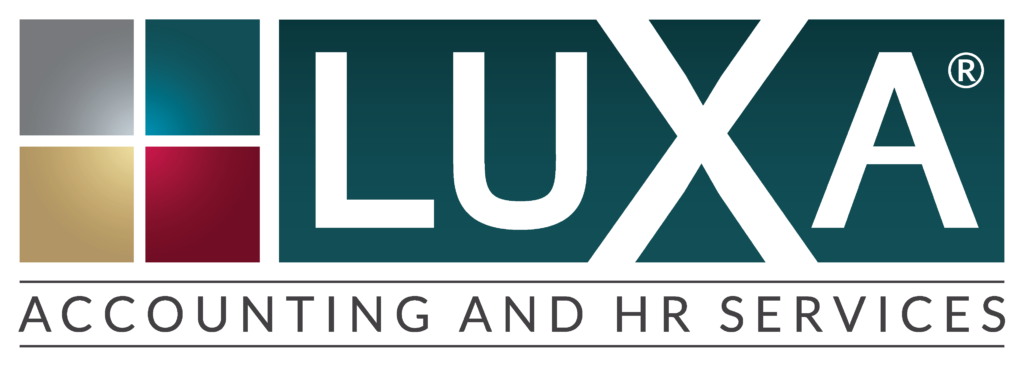End of year bookkeeping tasks you should be doing
How often do we come across something we push aside for another day? Wikipedia uses this definition of procrastination: ” is the practice of carrying out less urgent tasks in preference to more urgent ones, or doing more pleasurable things in place of less pleasurable ones, and thus putting off impending tasks to a later time, sometimes to the “last minute” before the deadline”.
We put together a list of our best practice items for year end preparations. Check with your bookkeeper to make sure they are hitting all the right areas for an accrual based accounting system in your books.
Preparing for Year End (accrual basis)
In general, the financial statement preparations for the last month of the fiscal (calendar) year are completed the same as for any other months of the fiscal/calendar year. There are a few items that should be to be checked thoroughly before finalizing the year by comparing the general ledger to the monthly bank statement/internal schedules (spreadsheets).
Accounts Receivable
- Review any noncollectable accounts and write off accordingly
- Adjust Allowance for bad debt as necessary
- Verify all invoices have been recognized for the period along with corresponding costs (matching principle)
Accounts Payable
- Review for 1099’s by verifying that W9’s are on file with current information
- Prepare the 1099’s, which must be mailed to vendor by January 31st and reported to IRS by February 28th.
- Verify all vendor invoices have been processed/recognized for the period
Reconciliation of each Bank Account

Prepaid Expenses
- Adjust for any prepaid expenses that may expire for current fiscal year
Inventory
- Any inventory adjustments/count variances be recorded
- Any allowance for inventory adjustments be accounted for
Fixed Assets
- Any items not on hand/not non-usable are disposed of
- If deprecation not recorded monthly, record the yearly depreciation
Unearned Income
- Recognize any unearned income that was earned during the period
- Defer any earned revenue that is not earned in the period
Accrued Costs/Expenses
- Accrue for any expected costs for the current period that may not be processed until the next period
- Record Interest Expense for the fiscal/calendar year (if not recorded monthly)
- Record Tax Expense for the fiscal/calendar year
Roll over Balance sheet and income statement accounts in the correct order to the new fiscal/calendar year, closing the Income statement out to Retained Earnings.
With any adjusting/year end entries, make sure that you have supporting documentation that is easily accessible and easy to follow for your tax accountant. Adjusting journal entries from Tax Accountant may occur 2-4 months after providing financial statements. Once any Adjusting journal entries are entered, you will need to reproduce the financials with the final year end numbers. This small business bookkeeping advice can save you some of the trouble you can expect when reviewing your end of year items. To get more helpful bookkeeping advice visit our blog where we discuss this and more on Tulsa bookkeeping.
ryantron. via photopin cc” target=”_blank” rel=”noopener”>Photo Credit



